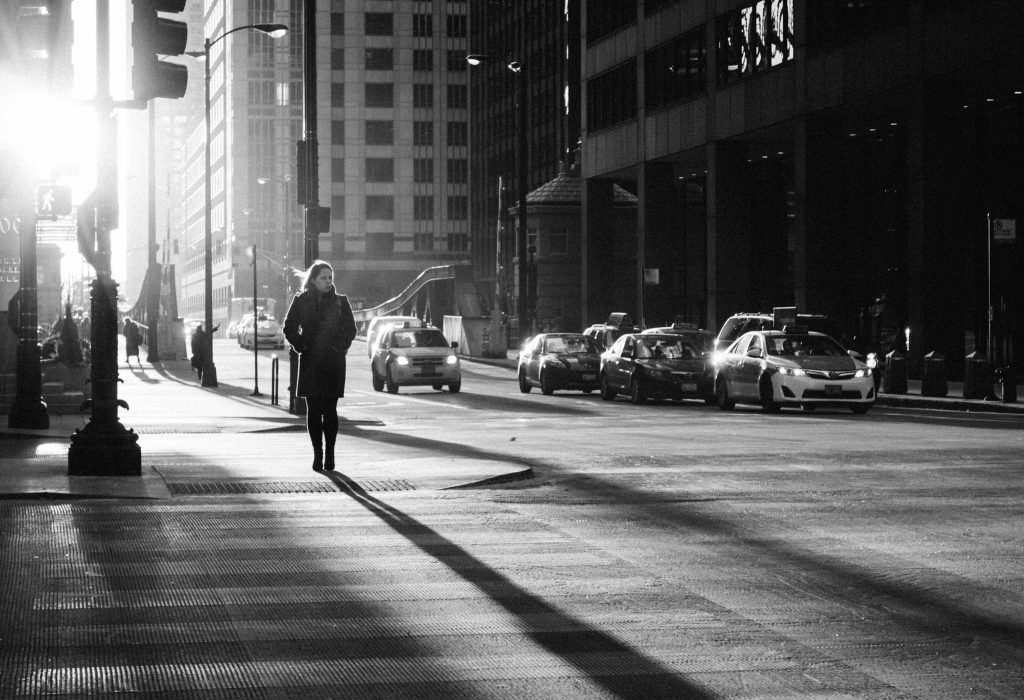
Living childfree is a lifestyle we don’t see often in the deep south, but there are plenty of people living (happily) this way. Leslie Lash gives us an inside look into the experiences and decisions that led her to decide to live childfree right now.
It’s not often you see a woman in her mid-thirties (or older) living in the deep South without at least one kid. Despite our small numbers, we do exist.
As I inch toward 40, what were once nearly constant inquisitions have become (somewhat) more gentle, since not having children at my age can often be the result of infertility and that can make for an uncomfortable and emotional exchange.
For me, it’s a choice, and not one that I arrived at lightly. And while the choice to be childfree is not common in the South, a 2018 report by the Centers for Disease Control shows that the U.S. fertility rate is at a record low. While research often indicates that people who are older and more educated are among those most likely to not have children, that’s not always the whole story. Fortunately, there is some data around the variable of choice; of the currently 45% women who are “childless,” 7.4% chose to be.
The choice to be childfree appears to be gaining in popularity among certain groups of people, and it can attract unwelcome scrutiny. We’re often put in a position to defend our choice, and we often leave those conversations feeling “less than” and, in moments of weakness, questioning our own decision-making abilities (or maybe that’s just me).
These conversations are often a paradoxical soup of encouragement and judgment, flattery and criticism. As Dr. Noam Shpancer explained in his December 2019 Psychology Today article, “The fact that the childfree path is less traveled does not make it less worthy or legitimate.” So, if you’ve made this choice or are considering it, here are three (positive!) things to keep in mind.
1. You, and only you, get to decide what gives your life meaning
I have zero doubt that becoming a parent is life-changing. Parents often tell me that having children fills a void they sometimes didn’t know existed, or how it gave their life meaning. These conversations can be tough; if you’re on the childfree side of the fence, you might already be asking yourself existential questions: What is my purpose? How will I leave a lasting impact on this world? What is my legacy?
Instead of raising a child, you can influence lives through volunteer work with community organizations. If you love children but don’t plan to have your own, becoming involved with an organization such as Big Brothers Big Sisters is one path toward positively impacting a child’s life. Maybe you gain fulfillment through rescuing animals, building successful businesses, or connecting with nature. Whatever it is, you get to choose.
2. You’re allowed to change your mind at any time
I was recently asked if I am 100% sure I don’t want to have kids. After a moment of reflection, I responded, “No.” That’s because today, I am 100% sure. Next year, I might be 70% sure. The following year, maybe 40%…or 90%. I don’t know. It doesn’t matter. The point is this: we cannot plan every moment of our lives or how we will feel in the future.
Those who know me at a surface level might assume I spent my 20s and 30s focusing on my career, which is why I never had kids. While it’s true I built a career of which I’m proud, that’s not my story. After marrying at age 25, I expected — and wanted — to have children sometime around age 30. This was a point of contention in my marriage to someone who was uncertain about having children. Even after a painful divorce at 31, I still wanted children, though I was indescribably grateful I didn’t have any yet. Over the next five years, I would embrace a new relationship, a major job change, a move across states and countless hours of introspection, growth and healing.
This path — albeit not the one I planned — forced me to examine my truth, and at some point, I decided children weren’t for me. For a while, I would say, “I used to think I wanted kids.” But that’s not true, nor is it fair to my past or future selves. I did want kids then; today, I do not. I can change my mind at any time and so can you. We can’t predict how we will feel in the future and it’s unfair to chastise ourselves for how we felt in the past.
3. Surround yourself with people who get you
Childfree folks, rejoice in what you don’t (generally) have to worry about: child-proofing your home, braces, puberty, bullies, car line, peanut allergies, play dates, tuition, working mom guilt, school districts, Elf on the Shelf and so on. I’m not saying that parents or families don’t enjoy life. I am saying that when I’m trying to find a friend to join me on a spontaneous vacation, it can be tougher for the moms because they have a lot going on with schedules that aren’t always flexible.
Having people in my life who can relate to this lifestyle is vital. When you’re the only childfree woman in a circle of friends, it can feel isolating. Talking about each other’s kids is a common ground, so when you don’t have anything to contribute, you feel left out. On the flip side, remember that you are a respite for parents who are tired of talking about Frozen 2. They need a break, and you’re it.
If being childfree is your choice, try not to become frustrated when people ask about it. I know it’s hard, but assume they are inquiring with love. View their questions as an opportunity to have a real conversation about different perspectives. They are trying to open your mind up to new possibilities. Maybe you can do the same for them.


